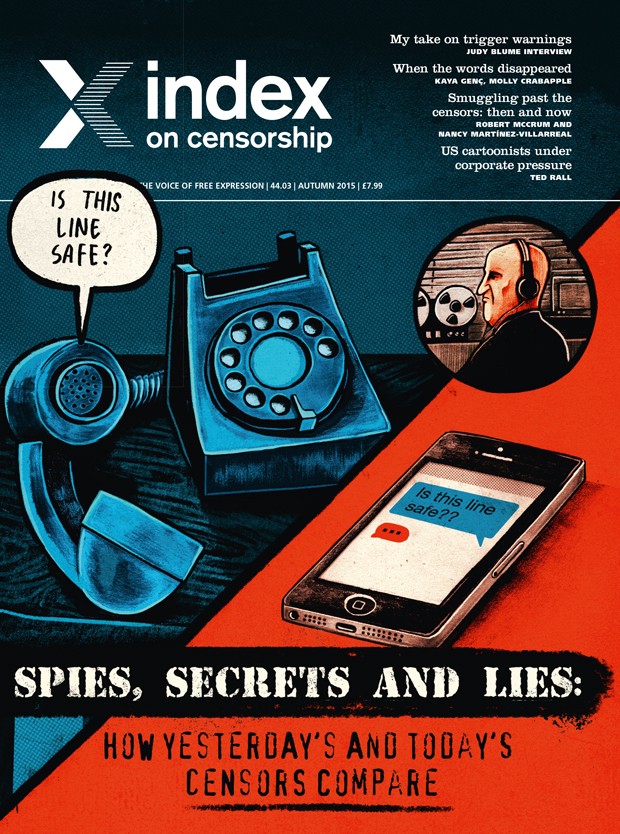What does not change over the decades is the desire of those in power to limit information which might be unsuitable to their needs. Why should Argentina be different?
Nearly four decades ago the military regime (1976-83) of General Jorge Rafael Videla went from threatening and terrorising journalists, as a means of controlling information, to murdering them. More than 100 journalists were killed during the seven-year rule of the armed forces, but that figure was hardly reported in the establishment press. The absence of that record often turned on the argument that the dead were “not real” journalists; that they were not newsroom hacks, but militants of different political organisations. The public lived in a state of denial, so the crimes were ignored: those killed “must have done something”.
Freedom of expression has moved on a bit. They don’t kill journalists anymore. Harassment is more common. For journalists of a certain age who worked through the 1970s, there has never been so much freedom to criticise a government as now.
The full version of this article is available until 28 October. You can read it here.
In the video below, Andrew Graham-Yooll, recalls fondly his time at Index on Censorship, firstly from 1973 when he began reporting from Buenos Aires, and then as editor between 1989 and 1993.












